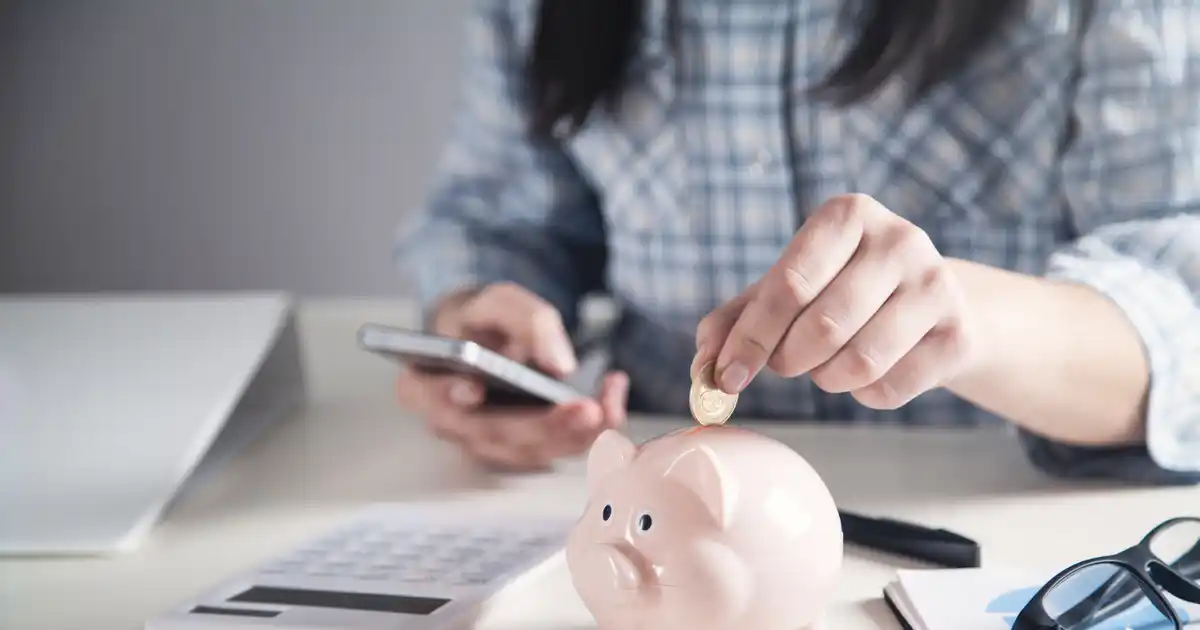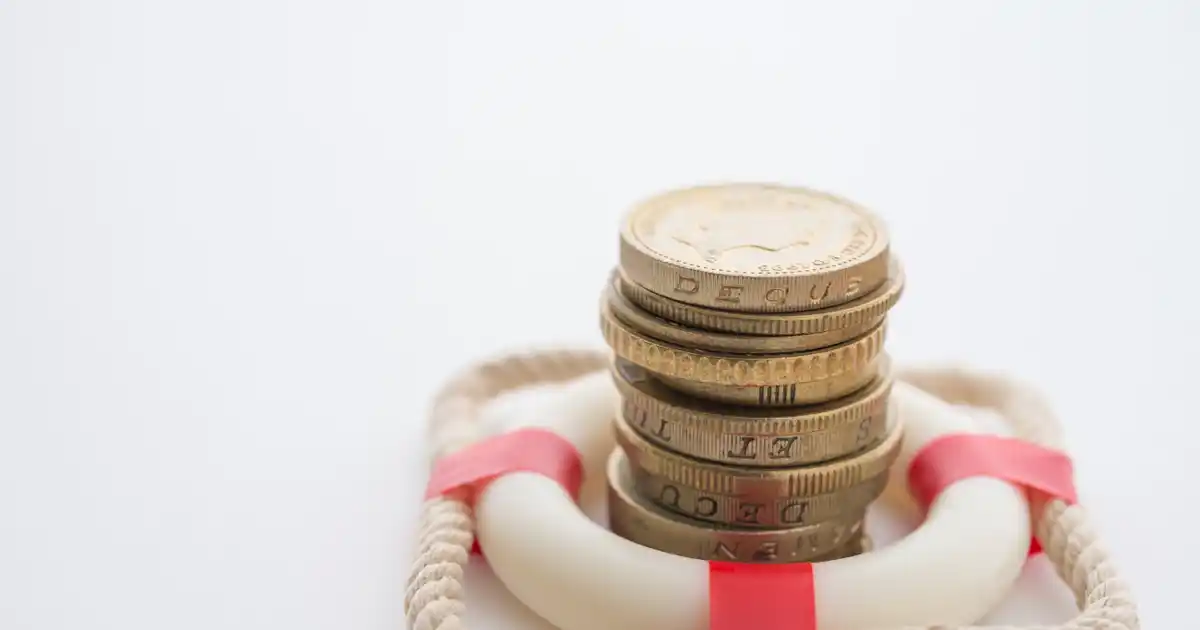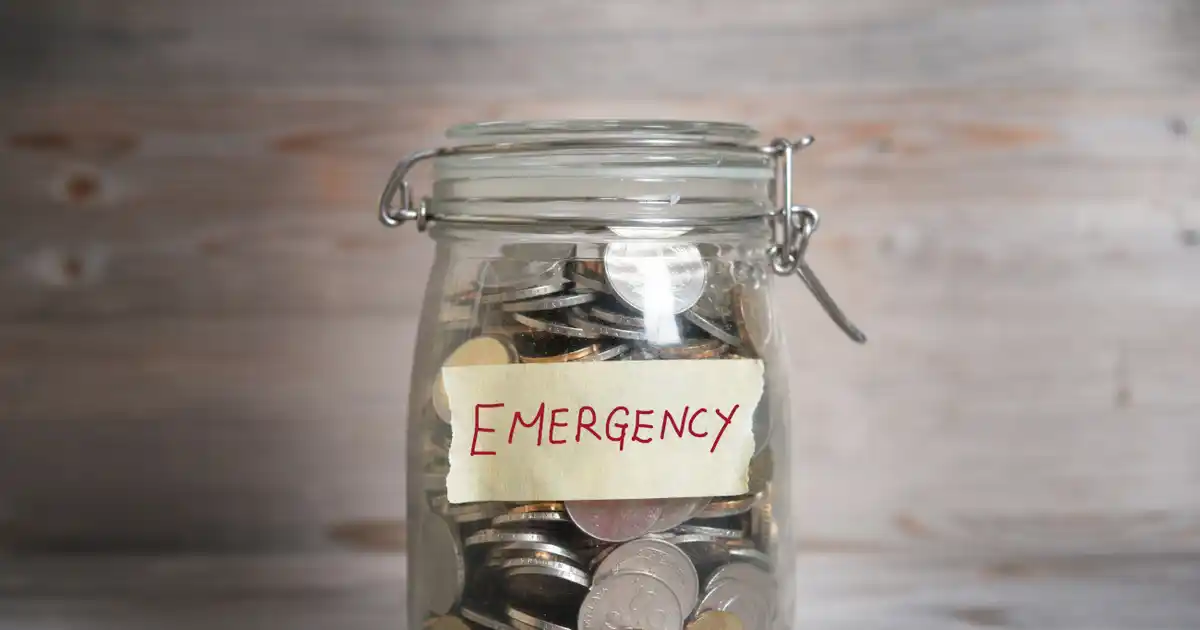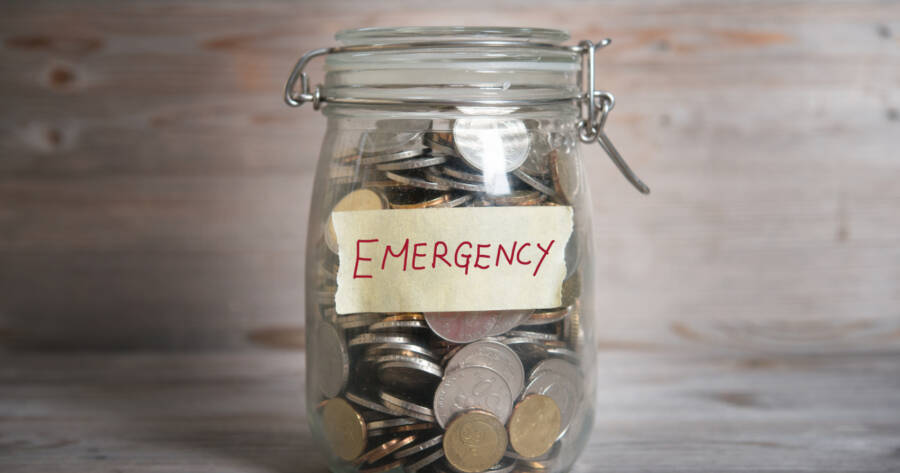There’s no ideal time for a financial emergency to fall into your lap. Perhaps you arrive home to a flooded basement, or you lose your job unexpectedly.
The best way to mitigate a costly emergency is to establish a fund that can cover sudden expenses. Let’s look at why emergency funds are so important and how you can build your own!
What Exactly Is It?
An emergency fund is a reserve of savings that you keep aside for unplanned expenses. Some people dip into their funds in order to cover surprise payments that don’t factor into their monthly budgets. Other people refuse to access their funds except in drastic emergency situations.
The key attribute of an emergency fund is that it should be easily accessible, either by phone, an online transfer, or speaking one-on-one with your banker.
 CHOTTHANIN THITIAKARAKIAT/Shutterstock
CHOTTHANIN THITIAKARAKIAT/ShutterstockWhy Do You Need One?
There are countless scenarios in which an emergency fund can alleviate a dire fiscal situation. What would happen if your car broke down tomorrow? Or, if the structural integrity of your roof began to collapse? Could your current budget accommodate medical bills, should yourself or a loved one become ill?
Creating a fund is optional, but financial emergencies are just about guaranteed! Whether you put some cash aside now or wait for disaster to strike, unexpected costs are inevitable.
 Shutterstock
ShutterstockWhen Should You Get Started?
The annoying truth? The best time to start an emergency fund was several months, years, or decades ago. If you don’t own a time machine, however, there’s no better time than today.
Many people delay opening an emergency fund, thinking they need a suitcase full of cash in order to get started. Sadly, those people are setting themselves up for trouble. The better approach is to deposit achievable sums of money into the account on a regular basis.
There’s just one catch: you’ll want to ensure you’re paying off any outstanding credit card debts as well. Eliminating the hefty interest on your debts will allow you to allocate more spare cash to your new fund.
 Shutterstock
ShutterstockWhere Should You Keep It?
A savings account from your bank is a no-brainer, insofar as they charge virtually no interest and are protected by the government in case of bank insolvency.
Some online financial institutions even promote high-interest savings accounts, which offer unlimited deposits and withdrawals at no extra charge. Many options have no minimum deposit or fees. These accounts are likewise protected by the government.
 Shutterstock: Pla2na
Shutterstock: Pla2naWhere Should You Avoid?
Other saving account options, such as a Guaranteed Investment Certificate (GIC), offer higher interest rates if you’re willing to keep your funds in place for a number of years.
The incentives may be good, but the risks can be greater. Choosing a GIC as your primary fund is like placing a bet that no emergencies will befall you over that length of time. And if you lose that bet, you can count on paying some steep penalties to gain access to your money.
Speaking of betting, you should avoid entrusting this particular account to any kind of investment enterprise. If your resources are tied up in stocks, they might not be reachable in the event of an emergency.
 Shutterstock
ShutterstockHow Much Will You Need?
The current recommendation is to accumulate between three to six months’ worth of expenses in your emergency fund. This amount is designed to cover monthly costs as if you were out of work.
To calculate this total, add up what you pay in rent or mortgage, the cost of utilities and insurance, as well as food, clothing, and transportation expenses each month. If you are paying off debts concurrently, it makes fiscal sense to commit less money to your fund.
 Shutterstock
ShutterstockHow To Get Started
No matter how much you earn, or what kind of lifestyle you lead, an emergency fund is a very important safety net to have. Even if you’re living paycheck to paycheck, or have wildly fluctuating earnings, saving small amounts on a regular basis will assist with your financial security.
Below we’ve outlined an approach to creating a sustainable emergency fund. With careful planning, you can get into the habit of saving money now to avoid a painful experience later.
 Shutterstock
ShutterstockSet A Goal
Having an achievable target for your savings will help you stay diligent in making payments and motivated for a more comfortable future. There are many online tools, like emergency fund calculators, to help you set that goal.
Once you have that number in mind, create the habit of depositing your funds on a routine basis. The easiest approach is to speak with your financial institution about setting up automatic transfers. However, if your method involves tweaking the amount you deposit each time, you may choose to withdraw and deposit those amounts yourself.
 Shutterstock
ShutterstockMaximize Your Savings Potential
Once you have established the habit of paying into your emergency fund, make sure you can regularly check in on your savings. Seeing your account’s progress will motivate you to stick with it, and maybe even get you passionate about penny-pinching!
Understanding your cash flow – when money enters and exits your account – can help you maximize your savings potential. For example: if the majority of your living expenses are due later in the month, it reveals an opportunity to add a few extra dollars to your deposit earlier in the month.
Think about periods during the year (your birthday, tax refund) when you tend to get “found money”. Depositing a portion of that sum (or all of it) will give your fund a boost, which is a rewarding experience in more ways than one!
 Shutterstock: szefei
Shutterstock: szefeiPat Yourself On The Back
Although starting an emergency fund can feel like an enormous hassle when your budget is already tight, you’ll never regret taking a decisive approach to your financial security. Developing modest savings habits can alleviate your anxieties about future outcomes and protect you when something unexpected happens.
An emergency fund isn’t only about cold number-crunching; it’s about creating a better life for yourself and your family. Find a way to celebrate each milestone of your emergency fund. By the time you reach your target, you may just have a bigger target in mind!
 Shutterstock
Shutterstock







